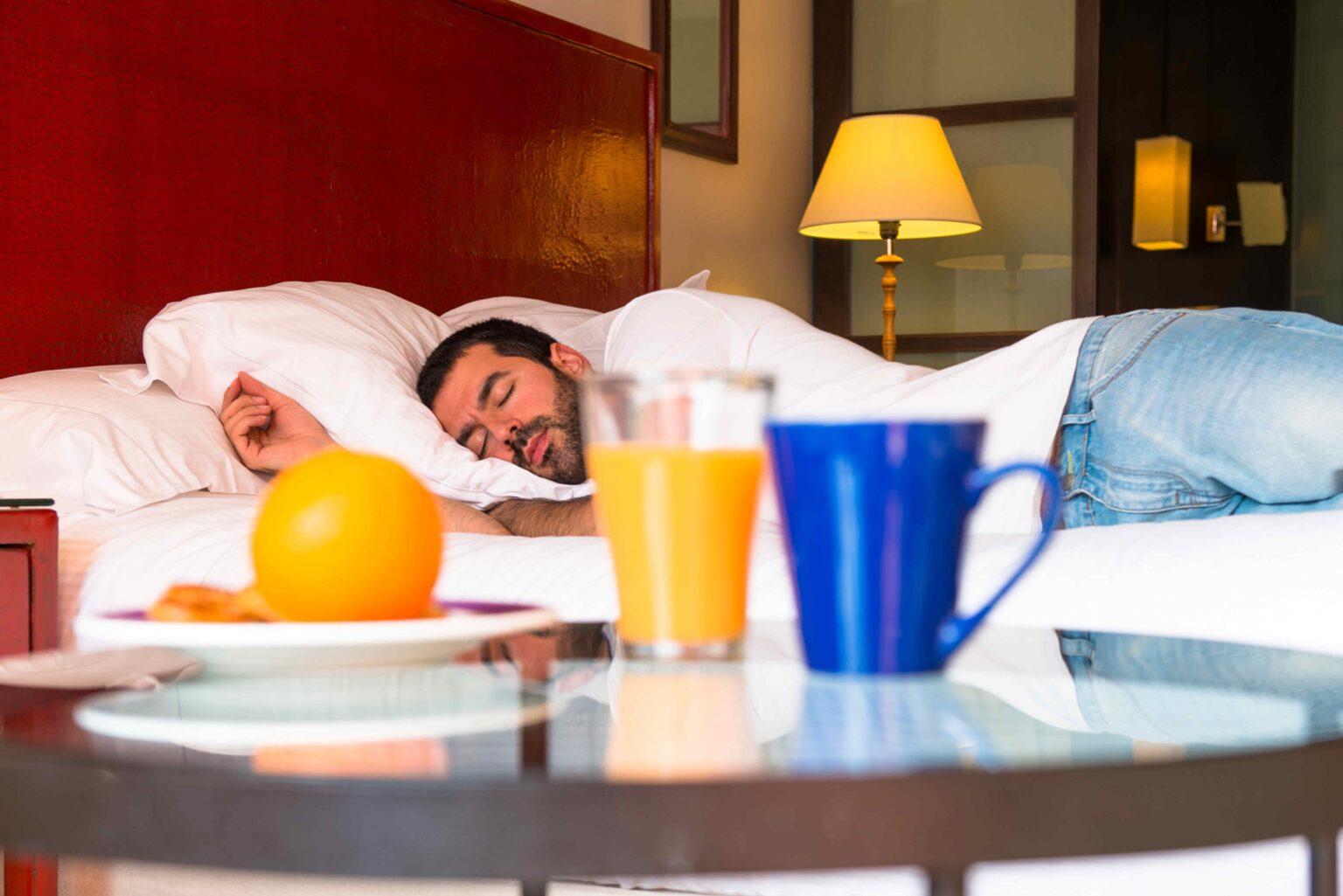Falling asleep after eating sugar is not necessarily a sign of diabetes, but it can be a symptom of unstable blood sugar levels. When we consume sugar, our blood sugar levels rise quickly, which can cause a surge in insulin production. Insulin is a hormone that helps the body process sugar and use it for energy, but if too much insulin is produced, it can lead to a rapid drop in blood sugar levels, causing feelings of fatigue, drowsiness, and even lethargy.
However, it's important to note that is falling asleep after eating a sign of diabetes can be a sign of diabetes if it's a persistent symptom that occurs regularly. People with diabetes may experience fluctuations in their blood sugar levels, especially after eating sugary or high-carbohydrate foods. In type 1 diabetes, the body doesn't produce enough insulin, while in type 2 diabetes, the body doesn't use insulin effectively, leading to high blood sugar levels.
High blood sugar levels, known as hyperglycemia, can cause a range of symptoms, including fatigue, dizziness, and confusion. Over time, untreated high blood sugar levels can damage the nerves and blood vessels, leading to serious complications such as heart disease, kidney disease, and nerve damage.
If you experience persistent fatigue or sleepiness after eating sugar, it's important to speak with your healthcare provider to rule out any underlying medical conditions such as diabetes. They may recommend tests such as a fasting blood glucose test, an oral glucose tolerance test, or a hemoglobin A1c test to check your blood sugar levels and determine if you have diabetes.
If you have diabetes, it's important to manage your blood sugar levels carefully to prevent complications and improve your overall health. Here are some tips that can help:
-
Follow a healthy diet: Eating a balanced diet that's low in refined carbohydrates and high in fiber can help keep blood sugar levels stable and prevent spikes and crashes that can cause sleepiness. Make sure to include plenty of fruits, vegetables, whole grains, and lean protein in your meals.
-
Exercise regularly: Exercise can help improve insulin sensitivity, which can make it easier for your body to use insulin effectively and keep blood sugar levels under control. Aim for at least 30 minutes of moderate exercise most days of the week.
-
Take medication as prescribed: If you take medication to manage your diabetes, make sure to take it as prescribed by your healthcare provider. Skipping doses or taking too much medication can lead to blood sugar fluctuations that can cause sleepiness.
-
Monitor your blood sugar levels: Use a glucose meter to monitor your blood sugar levels regularly, especially before and after meals. This can help you identify patterns and adjust your diet, medication, or exercise routine as needed.
-
Avoid skipping meals: Skipping meals can lead to drops in blood sugar levels, which can cause feelings of sleepiness and fatigue. Make sure to eat regular, balanced meals throughout the day.
-
Choose low-glycemic index foods: Foods with a low glycemic index are broken down more slowly, which can help prevent blood sugar spikes and crashes that can cause sleepiness. Examples of low-glycemic index foods include whole grains, nuts, and legumes.
-
Eat slowly and mindfully: Eating too quickly can cause you to swallow air, which can lead to feelings of bloating and discomfort, further contributing to feelings of sleepiness. Take your time when is falling asleep after eating sugar a sign of diabetes and focus on enjoying your food.
-
Stay hydrated: Dehydration can make you feel tired and sluggish, so it's important to drink plenty of water throughout the day. Aim for at least eight glasses of water per day, or more if you're exercising or in hot weather.






